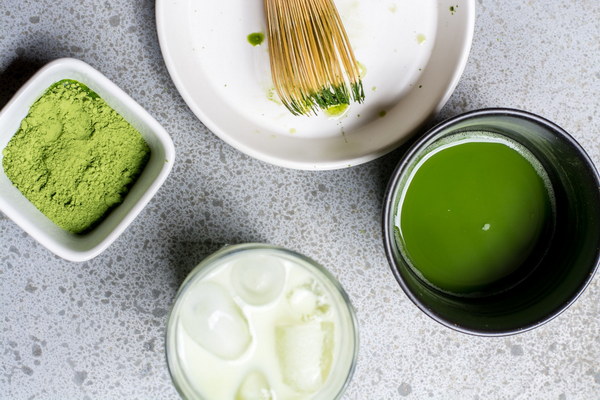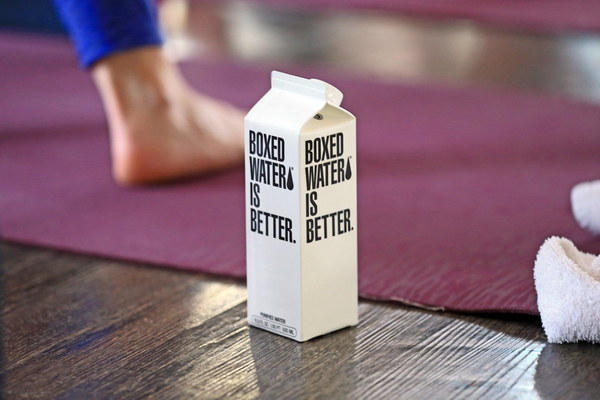Unveiling the Truth Does Ginger Tea Really Help Expel Dampness
Ginger tea has long been a popular drink in many cultures, especially in Asian countries. Known for its distinct flavor and numerous health benefits, ginger tea is often believed to help expel dampness from the body. But does ginger tea really live up to this reputation? Let's delve into the science and folklore behind this popular drink.
Firstly, it's important to understand what dampness is in traditional Chinese medicine (TCM). Dampness, also known as phlegm in TCM, is a concept that refers to the accumulation of moist, heavy, and sticky substances in the body, which can lead to various health issues such as fatigue, weight gain, and joint pain. TCM practitioners often recommend ginger tea as a natural remedy to alleviate dampness.
Ginger, scientifically known as Zingiber officinale, is a root herb that has been used in traditional medicine for centuries. It contains a variety of bioactive compounds, such as gingerols, shogaols, and zingerone, which are responsible for its therapeutic properties.

One of the primary reasons ginger tea is believed to help expel dampness is its ability to improve digestion. TCM suggests that poor digestion can lead to dampness accumulation in the body. Ginger has been found to stimulate the production of digestive juices, thus enhancing digestion and preventing the formation of dampness.
Moreover, ginger tea can help reduce inflammation and improve circulation. Inflammation is another factor that can contribute to dampness. The anti-inflammatory properties of ginger can help alleviate joint pain and other symptoms associated with dampness.
In addition to its digestive and anti-inflammatory properties, ginger tea is also thought to boost the immune system. A strong immune system is crucial in preventing dampness-related health issues. By supporting the immune system, ginger tea can help the body fight off infections and reduce the risk of dampness accumulation.
While there is limited scientific evidence to support the idea that ginger tea directly expels dampness, there is substantial evidence supporting its various health benefits. Studies have shown that ginger can help reduce nausea, alleviate muscle pain, and improve respiratory function, among other things.
It's important to note that while ginger tea may offer some relief from dampness symptoms, it should not be considered a substitute for professional medical advice and treatment. If you suspect you have dampness or any other health condition, it's best to consult with a healthcare provider.
In conclusion, while there is no concrete evidence to prove that ginger tea can expel dampness, its numerous health benefits make it a valuable addition to your diet, especially if you're looking to improve your digestion, reduce inflammation, and support your immune system. So, the next time you're enjoying a warm cup of ginger tea, remember that it may be doing more for your health than just tasting delicious.









